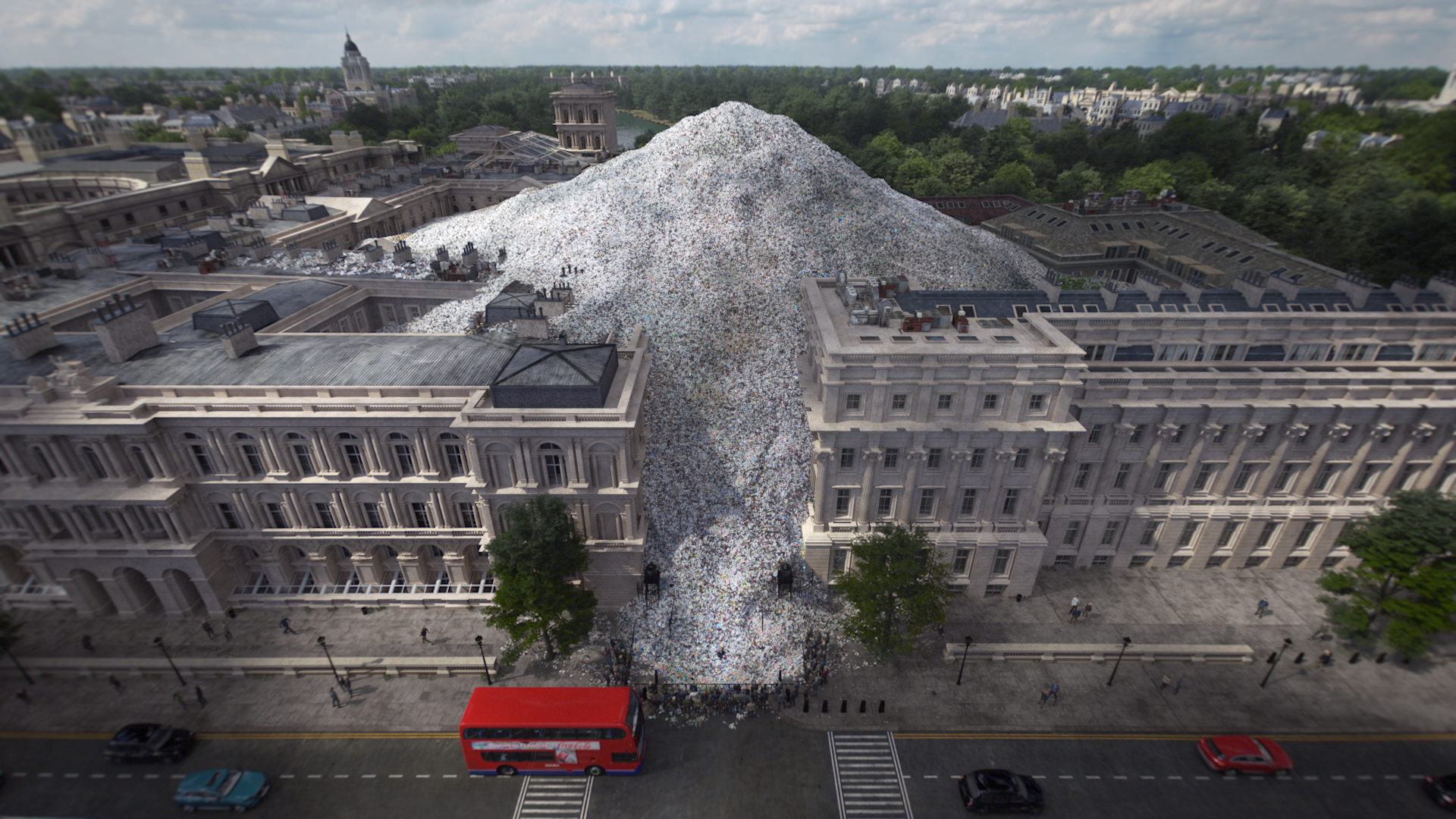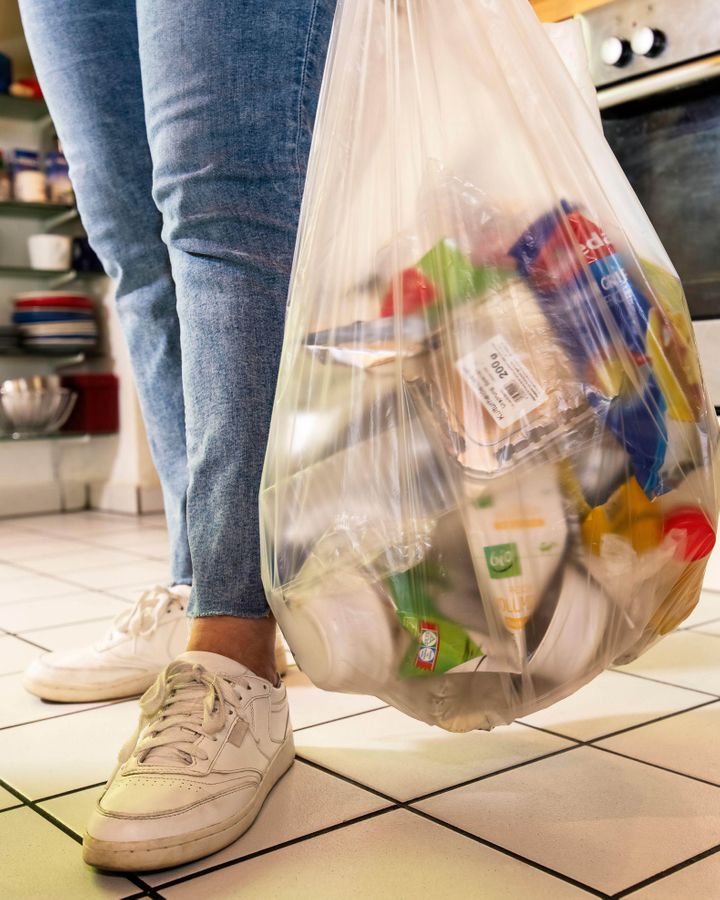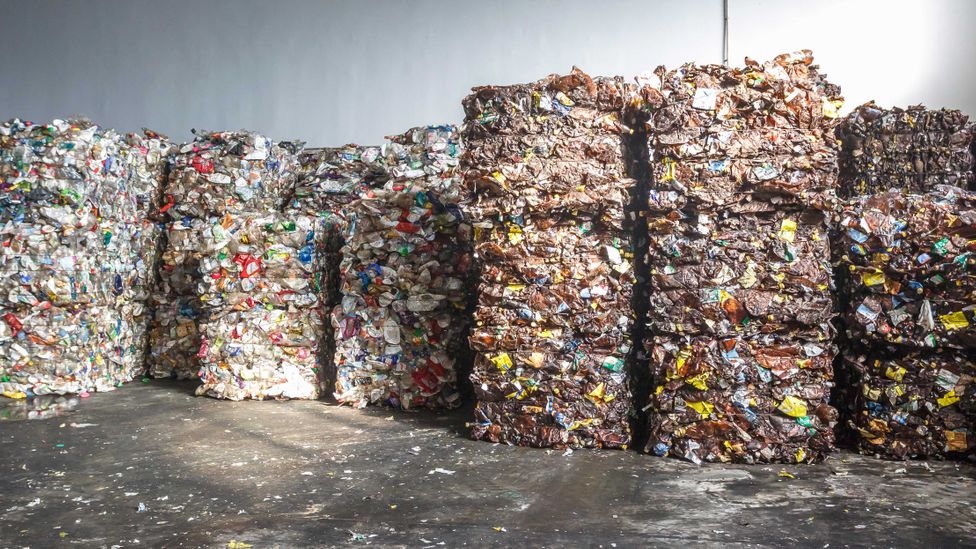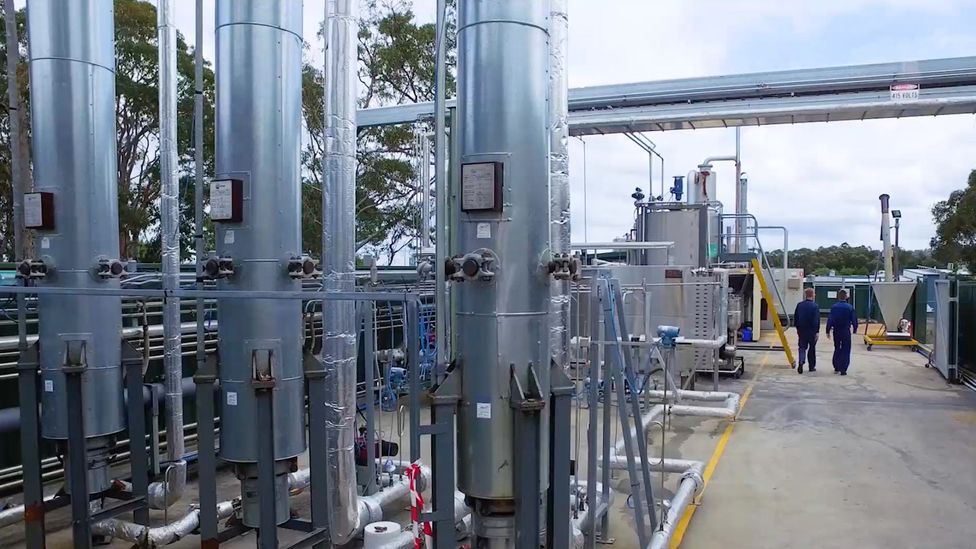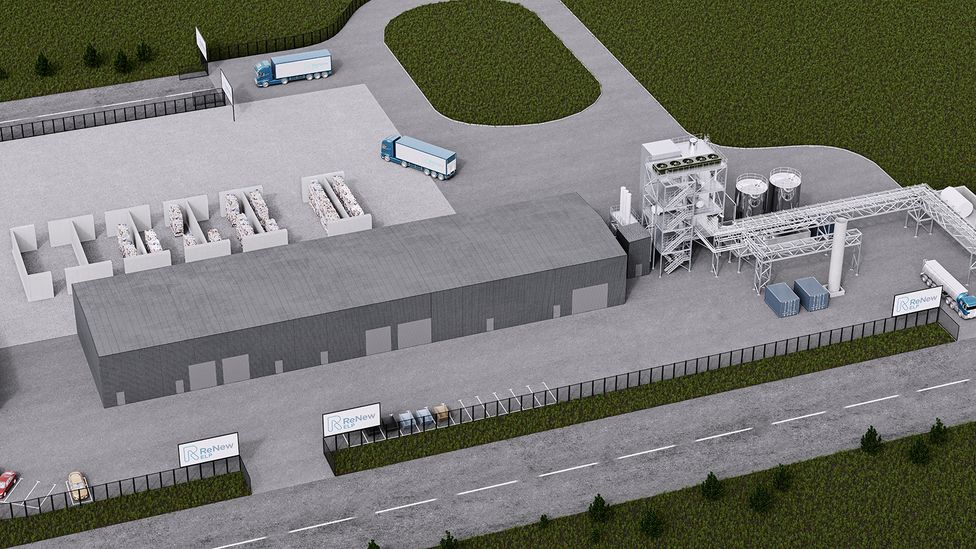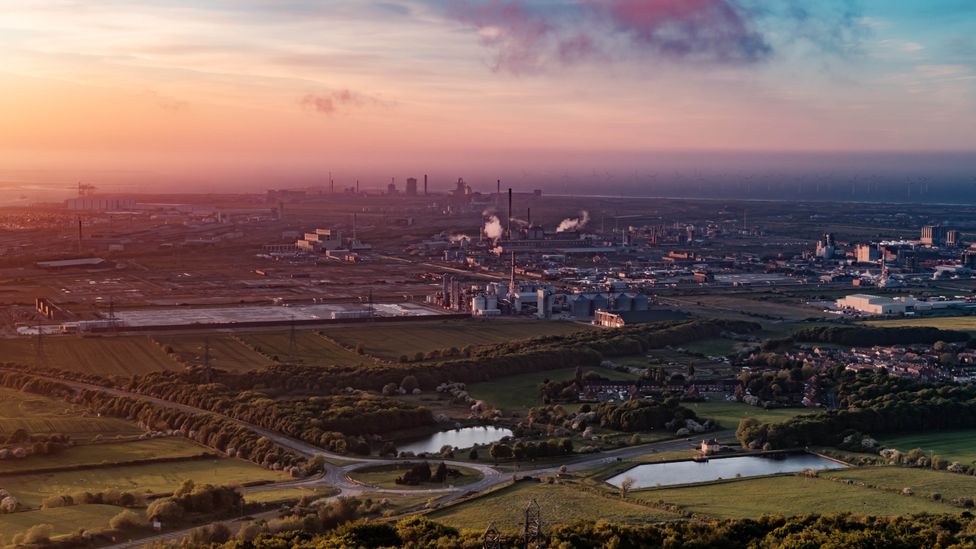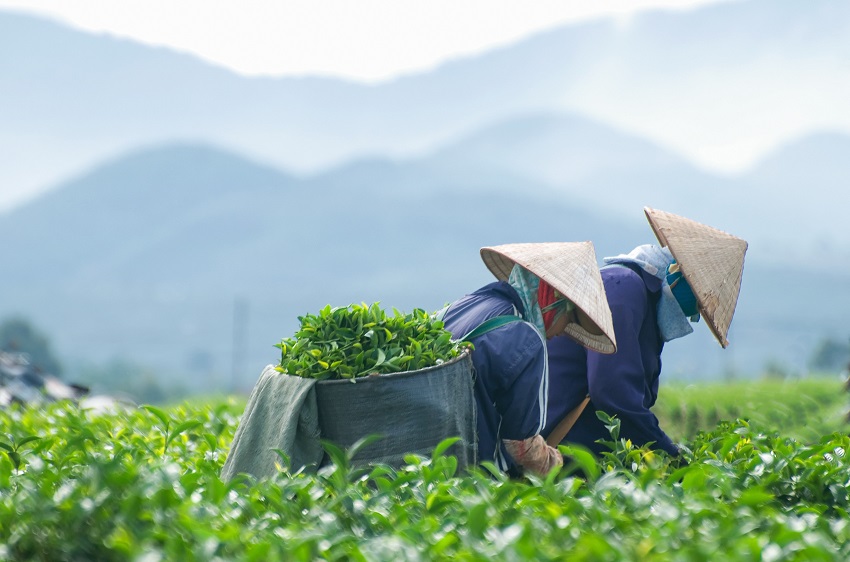The world’s leading energy industry organisation, IEA, has just said the UK shouldn’t green-light any new oil or gas projects. [1] That’s pretty huge. But the government recently said they will still allow new oil and gas licences
and despite thousands of us speaking out, they’re yet to back down. [2]
With the industry’s report fresh off the press, it’s time to turn up
our volume.
We are closer than ever before to ending the UK’s reliance on fossil fuels. Kwasi Kwarteng is the minister in charge of energy and business and is officially responsible for what the UK does next on this.
He supported Boris Johnson in his bid to become Prime Minister and they
have a close personal relationship - he can persuade the Prime Minister
the UK doesn’t need to rely on fossil fuels.
Just a
few weeks ago Kwasi Kwarteng encouraged people to go vegan to cut carbon
emissions. [3] But he’s also accepted fossil fuel donations. [4] As the
UK prepares to host the global climate talks, COP26, and Kwasi Kwarteng
positions himself as a key power player, it’s time he picked which side
of history he wants to be on. The UK should be acting like a climate
leader right now, not embarrassing ourselves on the world stage.
This
week’s news just shows that Johnson and Kwarteng are clinging on to a
sinking ship. Even the most ardent supporters of fossil fuels are having
to see sense after years of protest and people powered action. It is
proof that even when we feel ignored, even when we are tired of
campaigning, change is truly possible. A fossil free UK is within reach - if we continue our fight.
Here is a report from the Independent newspaper:
‘Colossal failure’: Government refuses to rule out new oil and gas licences in North Sea deal
Long-awaited
deal between government and oil and gas sector a missed opportunity to
‘show climate leadership in the year of Cop26’, say campaigners.
The government has refused to rule out the granting of new oil and gas licences in a deal agreed with the fossil fuel industry.
On Wednesday, ministers announced the details of the North Sea Transition Deal – a long-awaited agreement between the government and the oil and gas sector.
The
aim of the deal is to facilitate the country’s transition away from
extracting oil and gas from waters surrounding the UK. The extraction
process alone accounts for around 3.5 per cent of the UK’s greenhouse
gas emissions, and much more pollution is caused when the fuels are
burned.
The
government said that a package of measures agreed through the deal
would cut emissions from oil and gas extraction by 15m tonnes by 2030 –
the equivalent of the annual emissions of 90 per cent of British homes.
However,
it refused to rule out the possibility of new oil and gas licences and
instead announced the introduction of a “climate compatibility
checkpoint” to ensure that any future licences awarded would be “aligned
with wider climate objectives”, including its legal target of reaching
net-zero emissions by 2050.
Announcing
the deal, business secretary Kwasi Kwarteng said: “When it comes to
fighting climate change, we must all stand together.
“From
the Shetland Isles to Orkney and Peterhead to Falkirk, the oil and gas
industry is the economic artery for many communities in Scotland, and we
are doing everything possible to ensure that this vitally important
sector is not left behind as we transition to a green economy.”
The government added that the full details of how this checkpoint will work are to be set out by the end of 2021.
Previous
analysis by Greenpeace found that any new oil and gas licences would
not be in line with the world’s climate goals – if emissions from
burning the fossil fuels were counted in addition to emissions caused by
the extraction process.
Mel Evans, head of Greenpeace UK’s oil
campaign, said: “Refusal to rule out new oil and gas licences when the
evidence is already clear that they are incompatible with UK climate
commitments is a colossal failure in climate leadership in the year of
Cop26.
“Instead
of finding ways to prop up this volatile and polluting sector, a better
proposition for workers and communities would be for the government to
confirm a ban on new licences, and put all its energies into a
nationwide programme of retraining, reskilling and investment in
renewables and green infrastructure.”
The decision comes just months after Denmark announced plans to end all oil and gas offshore activities in the North Sea by 2050.
Ryan
Morrison, a campaigner at Friends of the Earth, said the government’s
refusal to rule out new oil and gas licences “exposed the outrageous
hypocrisy” in its approach to tackling the climate crisis.
“The
science on this is already crystal clear: burning fossil fuels is the
key driver of this crisis, so to avoid climate breakdown there can be no
new licenses and existing production must be wound down over the next
decade – a new ‘climate compatibility checkpoint’ isn’t going to change
that reality,” he said.
Dr Jonathan Marshall, head of analysis at
the Energy and Climate Intelligence Unit (ECIU), a non-profit based in
London, added: “For a government usually so keen to set targets, the
absence of an end date for extracting fossil fuels from the North Sea is
a glaring omission.
“It is clear that the energy future of our
seas is renewable. A bold announcement on ending oil and gas extraction
in the North Sea while supporting jobs and workers through the
transition would have made waves comparable to plans to stop generating
electricity from coal and ending the sale of petrol and diesel cars.”
It seems that unless we all keep on top of the politicians and watch very carefully what they are doing they are undermining everything that people like us are doing, and it´s all in the name of MONEY.
Are we ever going to learn? What is this obsession with more and more, GREED is the worst trait that we humans have. It really makes me wonder if thoses people who are like this are really from this planet? They can´t take it with them, and can only spend so much of it, to me and a lot people the same it is baffling!
The blog song for today is: " Here come the Fleas" by White Noise
TTFN
